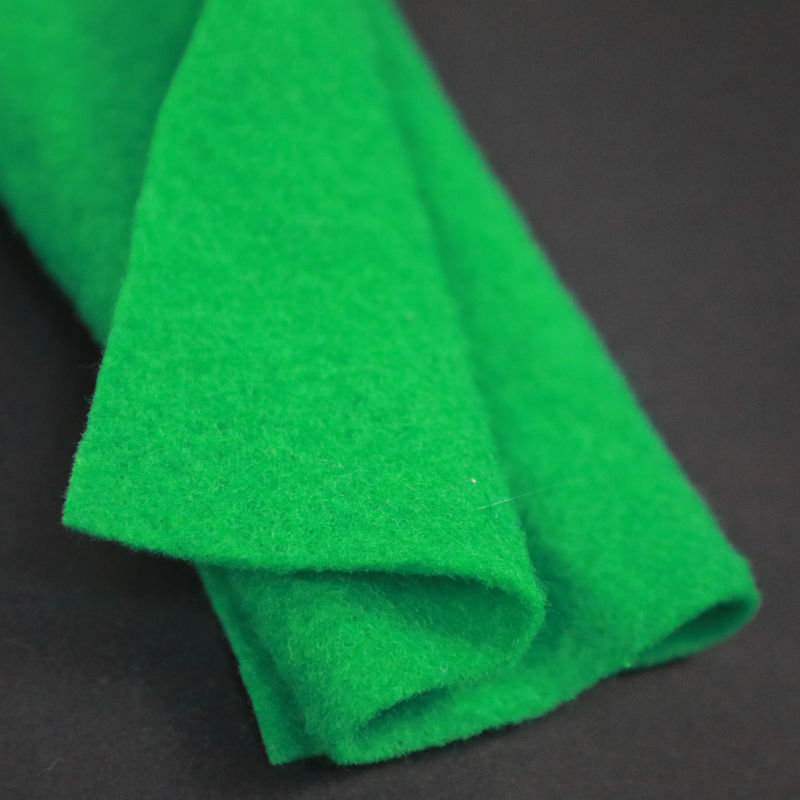Polypropylene And Polyester Geotextile Non Woven Geotextile Drainage Fabric
Product Description:
Staple fibers needle punched geotextile is made of PP staple fibers and processed by on carding cross-laying equipment and needle punched equipment.
Product Paraments:
| Staple fiber needle punched non-woven geotextile |
| item |
Specification |
| Vertical and horizontal fracture strength(KN/M) |
3 |
5 |
8 |
10 |
15 |
20 |
25 |
30 |
40 |
| Elongation corresponding to standard breaking strength (%) |
20-100 |
| CBR Bursting strength(KN) |
0.6 |
1 |
1.4 |
1.8 |
2.5 |
3.2 |
4 |
5.5 |
7 |
| Deviation rate of weight per unit area(%) |
±5 |
| Vertical and horizontal tearing strength(KN) |
0.10 |
0.15 |
0.20 |
0.25 |
0.40 |
0.50 |
0.65 |
0.80 |
1.00 |
| Width deviation rate(%) |
-0.5 |
| Thickness deviation rate(%) |
±10 |
| Vertical permeability coefficient(cm/s) |
k*(0.001-0.1) Ps: k=1.0-9.9 |
| Acid and alkali resistance(% ≥) |
80 |
| Antioxidant performance(% ≥) |
80 |
| UV resistance (% ≥) |
80 |
Product Features:
It owns the advantages of acid and alkali resistance,aging resistance,large strength,stable size,good filtrability etc.
1) anti-aging, the product has very high anti-ultraviolet radiation ability, not easy to degradation.
2) High temperature resistance to up to 230ºC maintaining structure stability and original physical properties.
3) High flat drainage and vertical permeability.
4) High creep resistance.
5) Resistance of erosion of chemicals in soil as well as the corrosion of gasoline and diesel etc.
6) High elongation under certain stress, thus able to adapt to uneven and irregular bases.
Application:
1. Stabilization In stabilization, the fabric is applied on top of a material that is highly compressible. Most often, this material is wet, soft soil. Here, the geotextile allows water to seep from the soft soil to draining material. As a result, it consolidates the basement layer, thus strengthening it and making it a more trustworthy base.
2. Separation Fabric is laid between two layers of different materials, such as two different soil types, new construction, and soil, or new and old pavement. Separation is sometimes used interchangeably with stabilization, but there are fine distinctions. 3. Filtration Using geotextile infiltration is similar to using in stabilization. The main aim in both cases is to allow the passage of water from the covered layer. The goal of this application is to remove water while preventing soil and or any other fine particles from passing through. This is achieved in combination with a filter behind the geotextile. In this process, water is removed, rather than being filtered into a different material.
4. Moisture Barrier This application is almost the direct opposite of the above applications. In the moisture barrier, the geotextile is used to block water rather than allowing water to pass through. This is accomplished by applying an asphaltic suspension. As a result, the fabric becomes impermeable and suitable for use in construction projects such as pavement rehabilitation.
5. Drainage Geotextile material can help gather water or gas and then transport it along its plane, therefore providing seamless transmission. This process is what is traditionally called drainage function, which can be highly effective in chimney drains as well as drip drains.
6. Reinforcement In reinforcement, the geotextile acts as a source of strength instead of strengthening the bottom layer like in stabilization.

 Your message must be between 20-3,000 characters!
Your message must be between 20-3,000 characters! Please check your E-mail!
Please check your E-mail!  Your message must be between 20-3,000 characters!
Your message must be between 20-3,000 characters! Please check your E-mail!
Please check your E-mail! 
